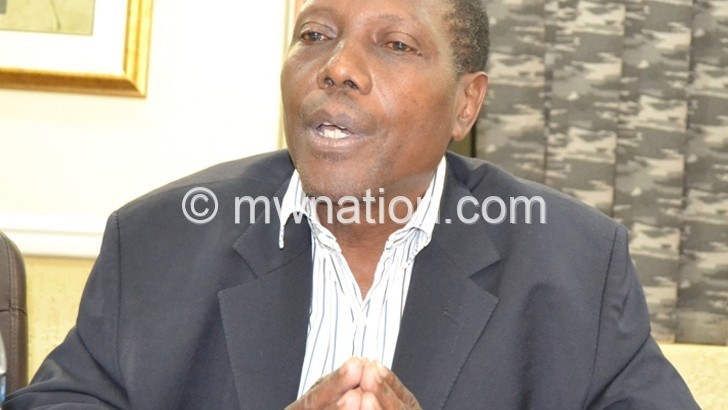Current account deficit to narrow to 13.1—firm
Malawi’s overall current account deficit is expected to narrow from an estimated 15.8 percent of gross domestic product (GDP) in 2019 to 13.1 percent in 2020, though services account deficit is likely to increase, a Nico Asset Managers report has shown.
This is, however, in contrast with Reserve Bank of Malawi (RBM) projections which indicate that the slowdown in global economic activity could negatively affect demand for Malawi’s exports as well as pricing of the country’s strategic imports.
But the firm, in its April Economic Review, maintains that export performance will be supported by higher production of cash crops, including tea, soybeans and sugar, saying commodity prices for these goods are expected to steadily increase in 2020 to 2024.

The firm, however, argues that the figures are subject to revision due to the extent of the impact of the novel coronavirus (Covid-19) on the economy and trade in particular, pointing that services account deficit is most likely going to increase.
Reads the report in part: “These forecasts are contingent on normal rainfall patterns, as such, any significant disruption would prompt a downward revision to agricultural exports and an upward revision to food imports, causing the deficit to widen.
“Services account is expected to increase, reflecting the high cost of transporting goods and higher services imports for capital projects. The deficit on the primary income balance reflects profit repatriation by the mining sector and is also expected to remain flat throughout the period.”
RBM, in its Financial Stability Report issued in March, observed that there are elevated vulnerabilities in the global financial systems which include rising corporate debt burdens, increasing holdings of riskier and more liquid assets by institutional investors and greater reliance on external borrowing by emerging and frontier market economies.
With this is place, growth and trade may be affected though regional and local forecasts point to more favourable agricultural conditions and output for the 2019/20 agricultural season.
University of Malawi’s Chancellor College economics professor Ben Kaluwa, in an interview, observed that the country exports cheaper commodities because most products are unprocessed yet it imports processed items which are expensive





